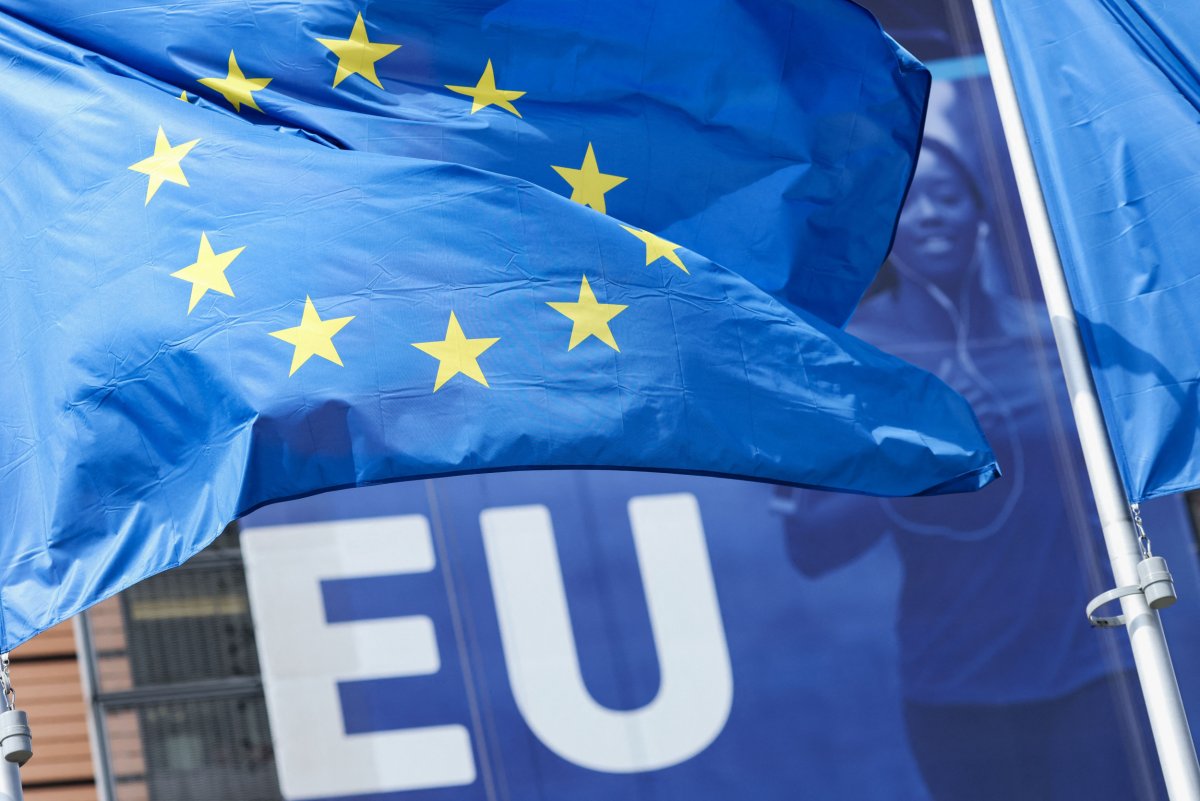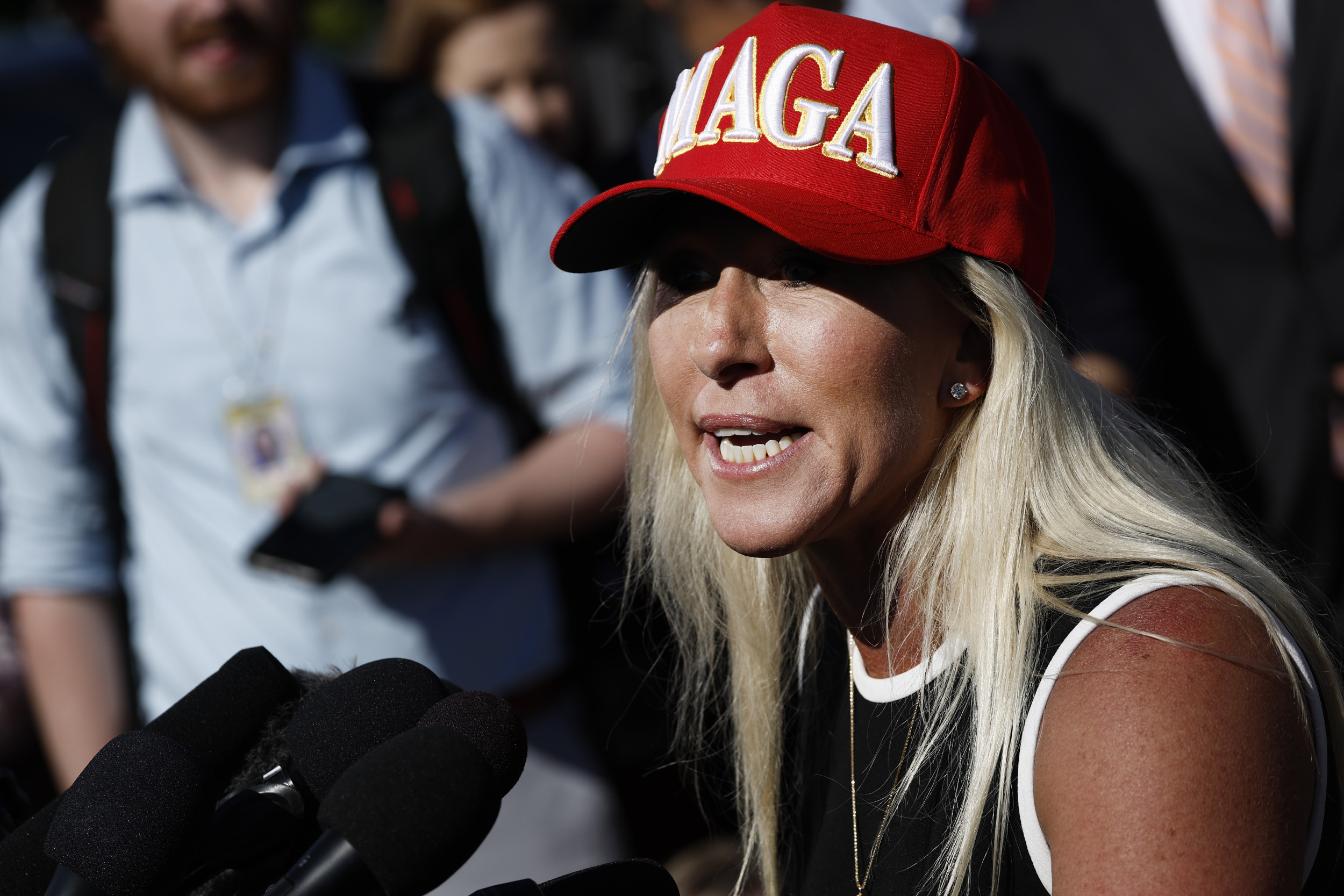Before the idea of nation-states was born—commonly associated with the Treaty of Westphalia in 1648, but with greater traction after the French Revolution—different peoples lived in their villages and cities, speaking their native languages undisturbed.
In Europe, the center of life was the church and the noble family dominated the land at a given time, but in general, each region had its own language or dialect that was spoken freely. Not that tensions sometimes did not exist, or that there were not pressures from monarchies that sought to centralize power through the imposition of the ruler's language—as well as local elites who sought to learn the language that would bring them closer to power.
But the fact is that with the modern state, which brought the professionalization of armies and the unification of the educational system (only in the language of the dominant elite), a considerable blow was dealt to the ability of minorities to speak their languages freely or even maintain their customs.
Nineteenth century Europe saw a long, but consistent and often brutal process of consolidation of national and cultural elites and the imposition and standardization of a single national language, while others were relegated to mere dialects without much rights and with their speakers treated as ignorant, unable to "speak properly."
Throughout the 20th century, movements began to emerge contesting the erasure of minorities and their languages, many of them in danger of extinction. The Basque nationalist movement was born at the end of the 19th century and consolidated at the beginning of the 20th century, only to then have to fight the genocidal dictatorship of Francisco Franco and see Euskera, the Basque language, resurface in the 1970s with the end of the dictatorship, to finally be taught in schools (along with Galician and Catalan in their respective regions).
In France, the Breton movement took its first steps in the 1910s, went through a long process of marginalization and radicalization until it gained strength and began to gain ground, also in the 1970s, with the founding of the Diwan, a federation of schools teaching in Breton. The Occitan movement, also in France, began to organize in the 1960s and to gain strength over the years, promoting the teaching of the Occitan language in its different variations with the Calandreta, bilingual schools. Not every minority was able to self-organize so efficiently.
Similar examples of minorities struggling to survive abound throughout Europe, from Frisians in the Netherlands and Corsicans in France to Sorbians in Germany and Venetians in Italy—with different degrees of success and different agendas, ranging from the right to teach their own languages to autonomy and even independence.
In recent years, Spain has been in the spotlight for the pressure it has put on its minorities, from cases of torture in the Basque country to political imprisonment and exile of Catalan leaders, but now France is back at the center of the debate.

After an appeal filed by 61 deputies of the French Assembly, the French Constitutional Court overturned the Molac Law that was approved on April 8—aimed at protecting linguistic immersion of other languages spoken in France, bilingual labeling and the use of spellings that do not exist in the French language, but do exist in the Catalan or Breton languages. The Molac Law opened the doors for the immersion on a minority language, but the court decided it violated Article 2 of the French Constitution stating that French is the only official language of the republic.
The vote was a milestone, breaking a barrier in a country that has historically sought to nullify in every way possible the efforts of national minorities for recognition and rights. In France, the existence of minorities can be recognized, but always subordinated to French identity, so minorities would be unable to teach their own languages.
The decision of the court, however, was a deeply felt setback that led thousands to protest all over France demanding that French President Emmanuel Macron amend the article used to repeal the legislation, but the fact is that not only France, but Europe has serious problems in guaranteeing rights to its minorities.
All over the continent speakers of minority languages face discrimination and abuse, such as Welsh speakers in the U.K. or speakers of Italian languages that are considered mere "dialects," with little to no protection.
Recently, Len Pennie, a 21-year-old poet, was the target of online abuse for speaking Scots, one of Scotland's languages. Like Pennie, several members of minority ethnic communities also appeal to social media as a way of keeping their languages alive. But that's far from enough, especially considering that speaking a minority language can put you at risk of being arrested.
Discrimination against the linguistic rights of minorities often comes disguised as development, which is a reality for the Sámi population in northern Europe, whose territories have been diminished and sacred areas invaded with the "development" of their regions, growth of cities, opening of factories or exploitation of natural resources.
Meanwhile, European institutions turn a blind eye in the face of such events. A recent proposal signed by over 1.1 million Europeans requesting the European Commission establish a protection package for national minorities was rejected without debate, highlighting Europe's lack of interest in protecting its minorities and Indigenous groups—thereby limiting their basic human rights.
All over Europe, minorities struggle to have their rights recognized and are often ignored or worse. The right to speak a minority language is a human right. European institutions must do whatever they can to make sure states comply, but what we are witnessing is the unrestricted support for the systematic abuse and erasure of minorities.
Raphael Tsavkko Garcia is a Brazilian journalist based in Belgium. He holds a PhD in human rights from the University of Deusto (Spain).
The views expressed in this article are the writer's own.
Uncommon Knowledge
Newsweek is committed to challenging conventional wisdom and finding connections in the search for common ground.
Newsweek is committed to challenging conventional wisdom and finding connections in the search for common ground.
About the writer
To read how Newsweek uses AI as a newsroom tool, Click here.








